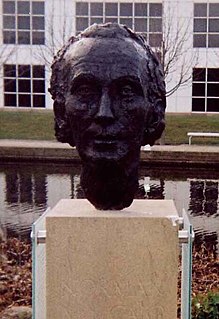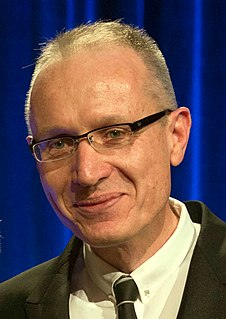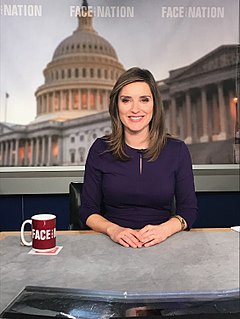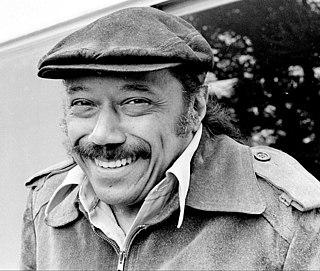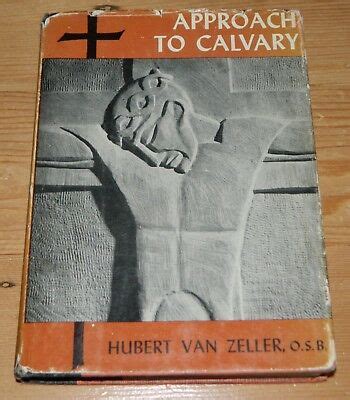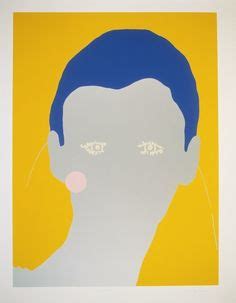A Quote by Charlotte Gainsbourg
I found it very difficult to explain to someone why you did a film. It's not like having a conversation.
Related Quotes
I can't actually explain why my lines got shorter, but they did. Just as I can't explain why my early poems were 'all image' and my current ones are relatively abstract. The sense of the line changed with the theme, somehow my ear (or brain or heart/mind) fell in love with a short line and very very simple words.
I did photography in summer camp; I did it in high school. The only hard decision I've had to make was whether to go towards photo or film. And I ultimately realized that the type of photo I was interested in was actually photojournalism. And it's a very individualist career, whereas film is a very team-driven medium. So that's why I chose film.
I've found in composing that being simple and profound—having in-depthness in your music—is the most difficult thing to do. Anybody can write a whole lot of notes, which may or may not say something . . . But why make it complicated for the musicians to play? Why make it difficult for the listeners to hear?
What was love, really? Flowers, chocolate, and poetry? Or was it something else? Was it being able to finish someone's jokes? Was it having absolute faith that someone was there at your back? Was it knowing someone so well that they instantly understood why you did the things you did—and shared those same beliefs?






